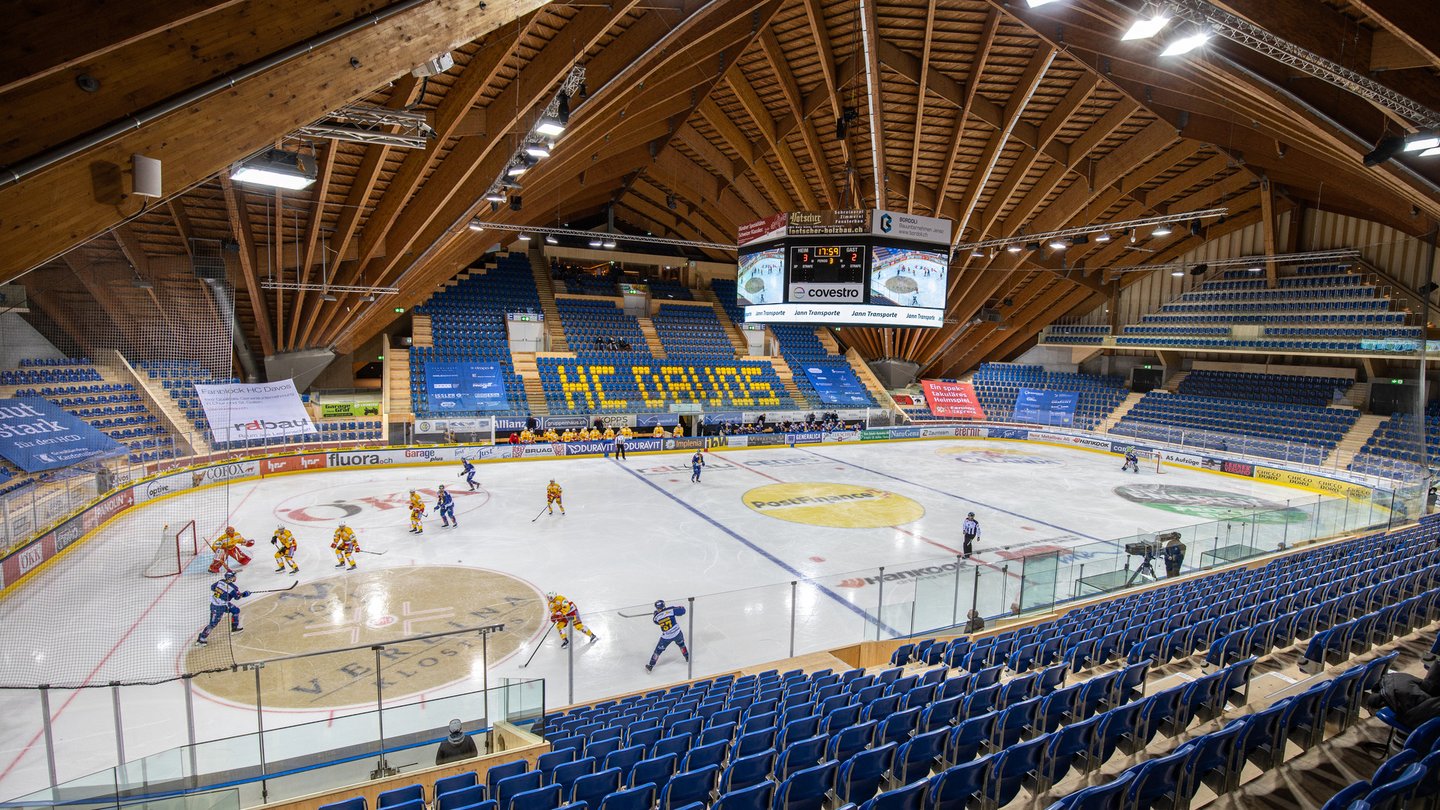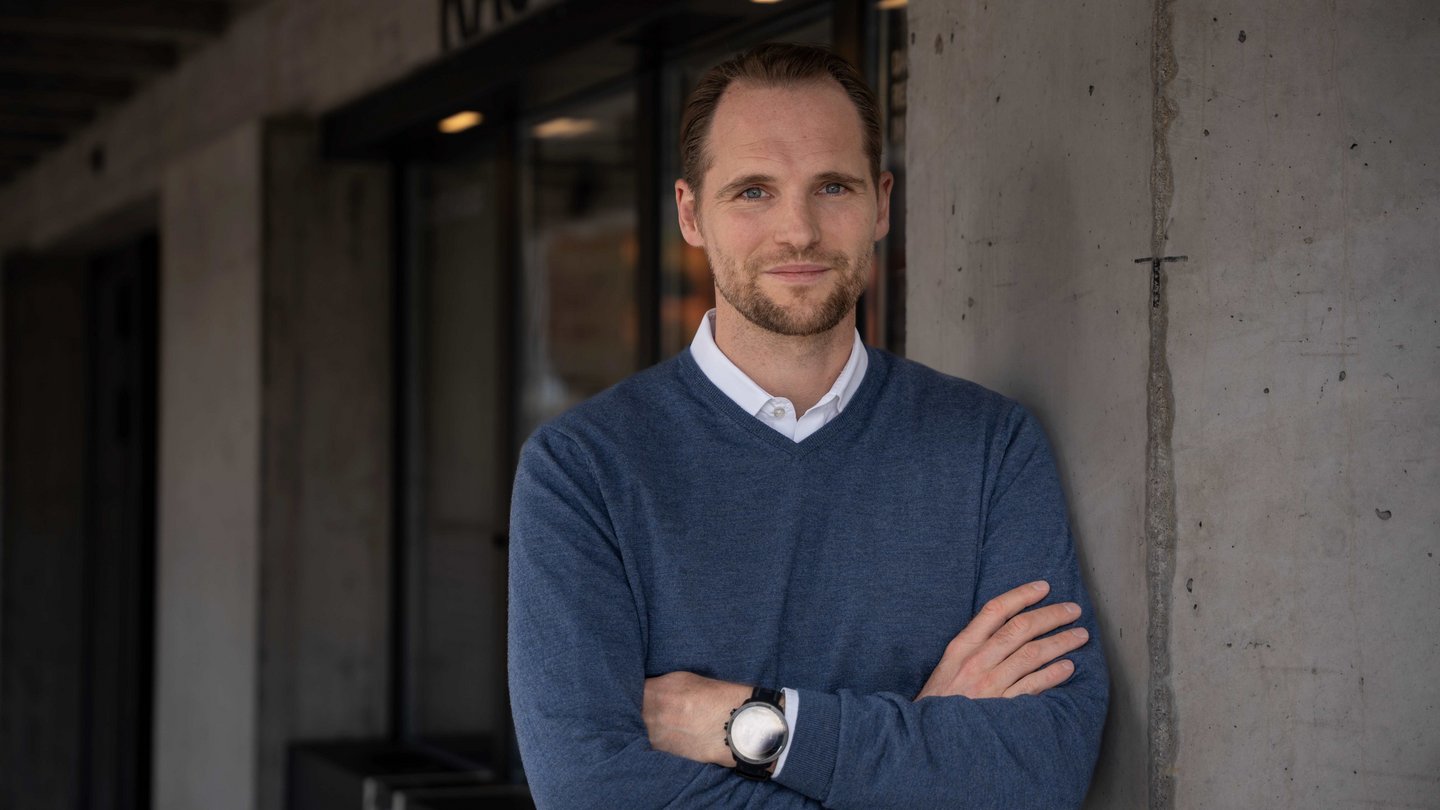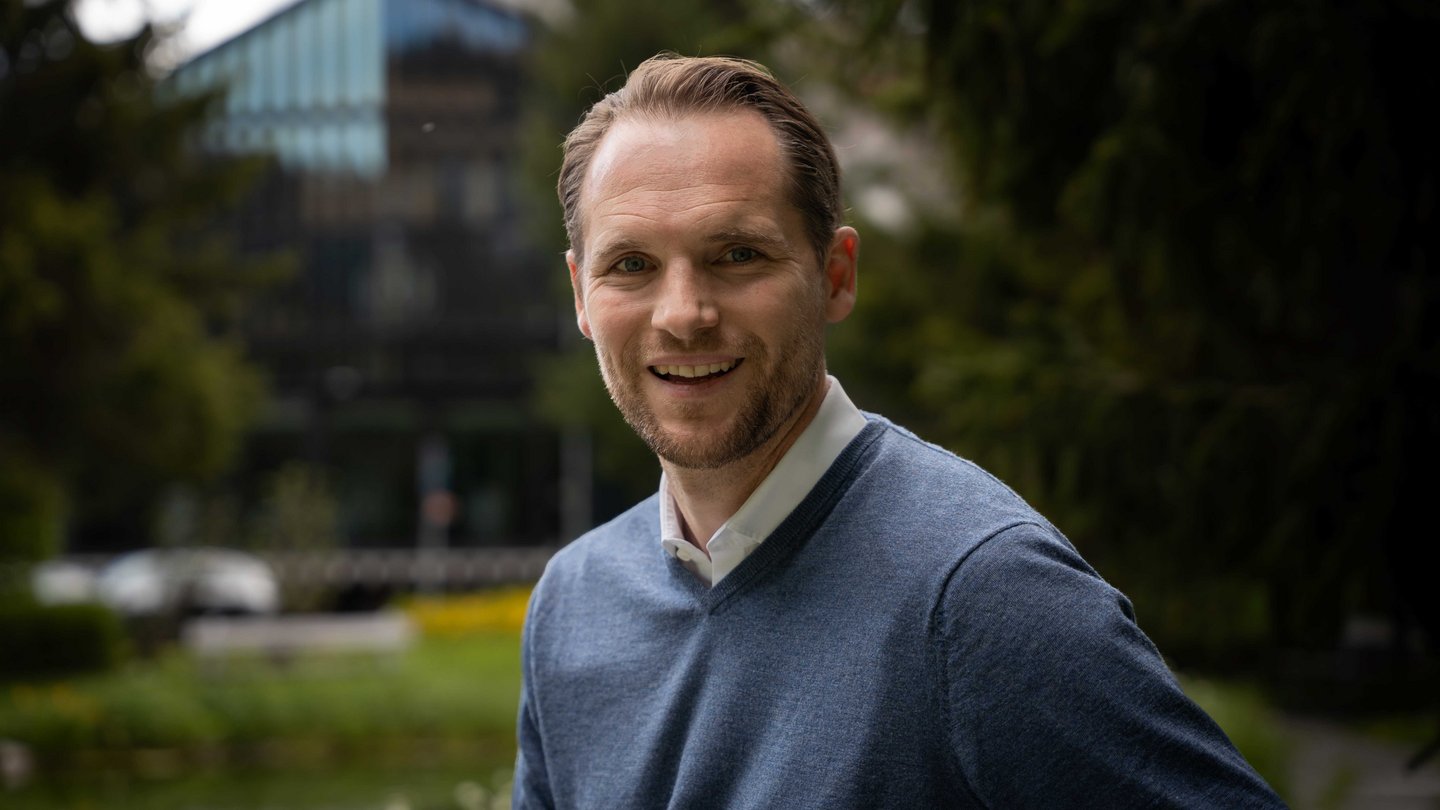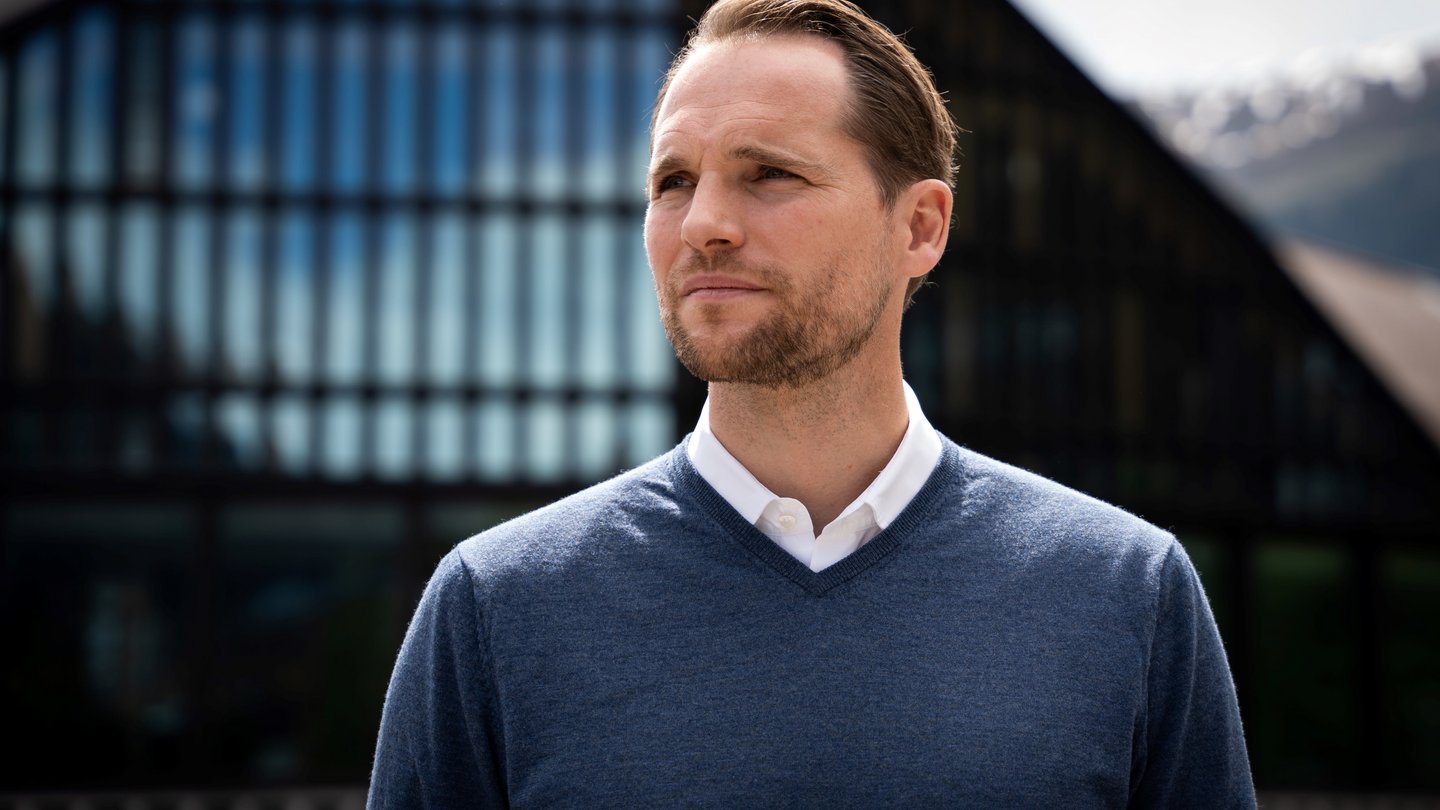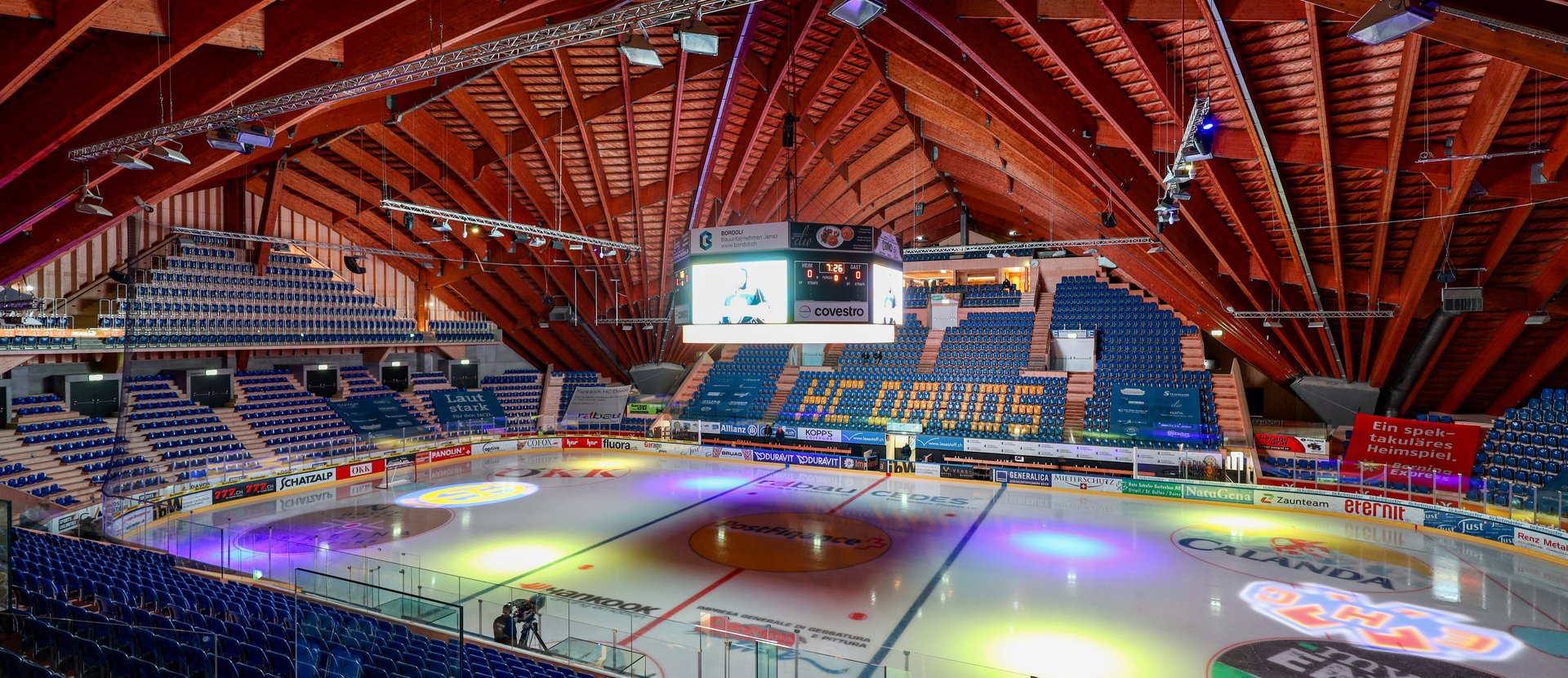
Sustainability at HC Davos
The ‘Davos 2030’ climate project
HC Davos is reducing its carbon footprint
HCD is taking part in the ‘Davos 2030’ initiative. The hockey club is not only reducing its own carbon footprint, but also supporting the destination’s overarching goal of achieving net zero by 2030. Initial measures have already been taken, with fans and spectators given the opportunity to invest in climate action projects when buying tickets. The team with the most league titles has a lot planned for the coming months and years.
As part of the ‘Davos 2030’ climate action project, organisations and associations work together to achieve net zero. HC Davos has made its own clear commitment to taking climate action by getting involved in the Climate Fund Davos and the ‘Cause We Care’ campaign. The team with the most titles is the first professional club to participate in the Switzerland-wide programme, which is run by the myclimate foundation. The Climate Fund Davos also enables HCD to generate additional funds for realising its own climate action projects.
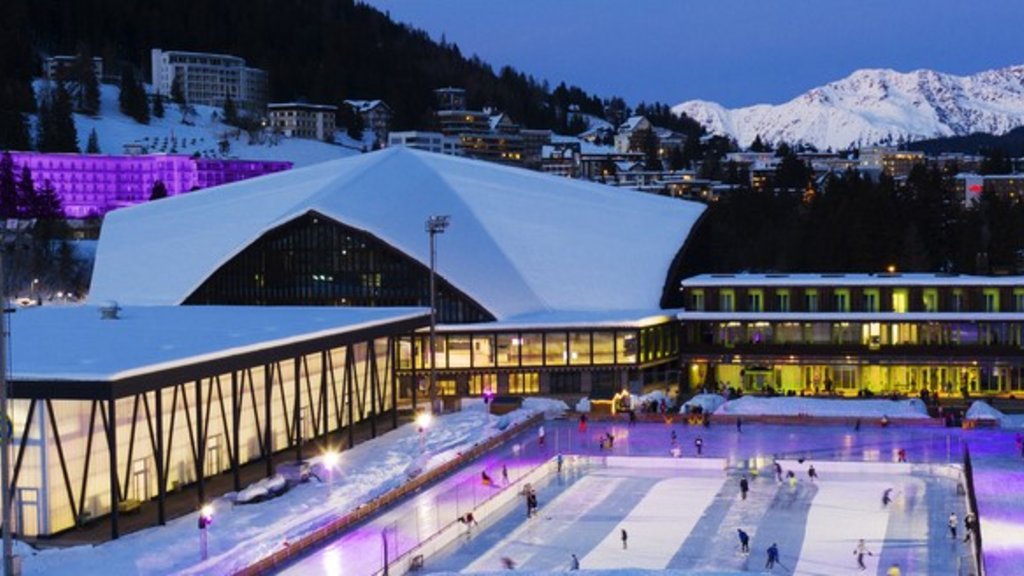
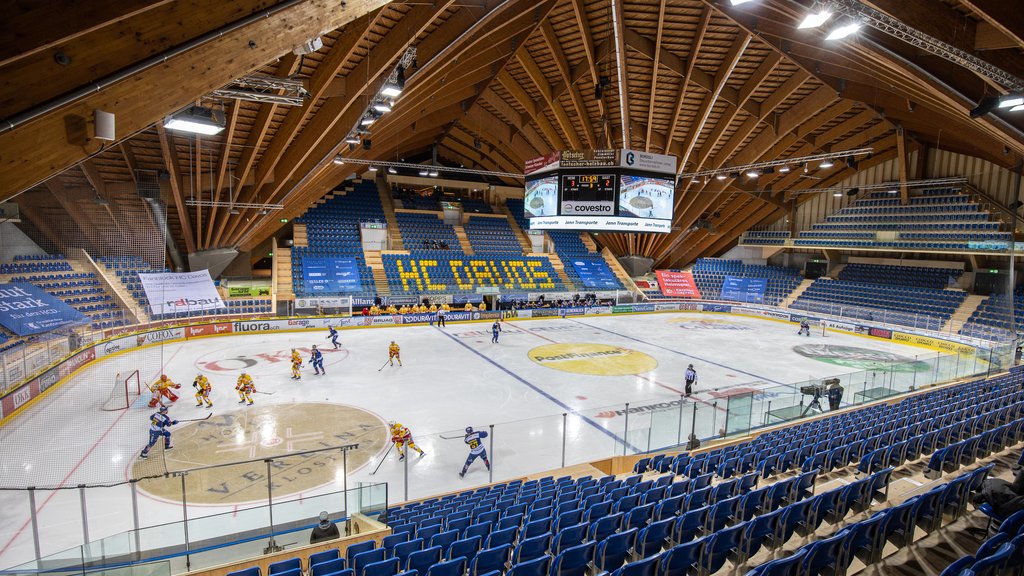

The HCD has set itself these goals
Fans and spectators are given the opportunity to make a voluntary contribution to climate action when purchasing tickets, with HC Davos doubling its commitment by matching fans’ contributions. And that’s not all: together with the Municipality of Davos, the club has plans to power the stadium solely with self-produced electricity, and is striving to expand its photovoltaic systems in order to achieve this. From the 24/25 season onwards, the club wants to include a voluntary sustainability component in sponsorship contracts. And this year, HC Davos plans to ban plastic packaging from its fan shop.
HC Davos wants to reduce carbon emissions caused by fans’ travel
Two projects are being financed from the fund. The hockey club is implementing a new waste concept, aims to use reusable cups at the Spengler Cup and is improving fan mobility, since fan travel is responsible for up to 70% of an event’s carbon emissions. According to a survey, half of spectators travel to games by car and just 6.8% take the train. In cooperation with the Rhaetian Railway (RhB), there is now a special train that ensures spectators can take public transport home even after the game has gone into overtime. An additional train from Landquart waits for the last train to arrive from Davos to bring fans to the greater regions of Zurich and St. Gallen. The fund will provide one-off start-up financing for the HCD project, which will reduce the carbon footprint of the entire destination.
‘We are aware that as a club, we will never be 100% sustainable.’
With the ‘Davos 2030’ project, the destination wants to become the first climate-neutral holiday resort in Switzerland, and HC Davos is getting involved in the initiative. What does this mean for the hockey club with the most titles? We asked Nico Decurtins, Head of Sustainability at HCD.
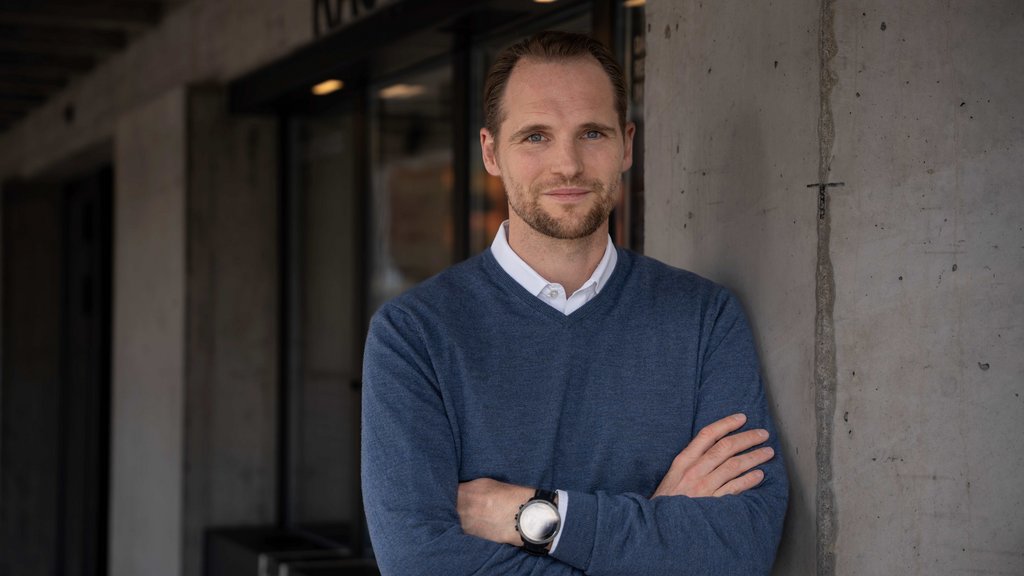
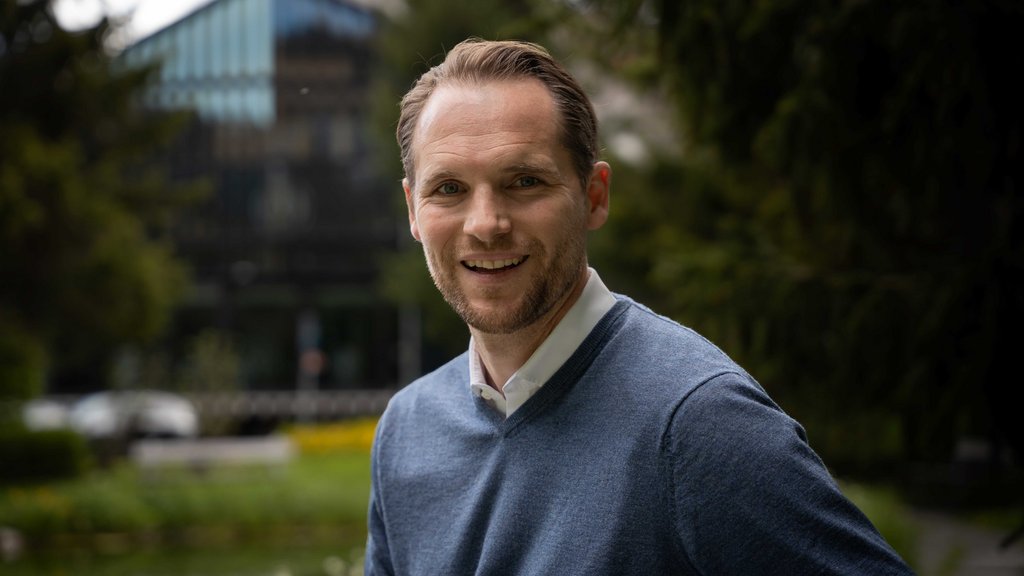
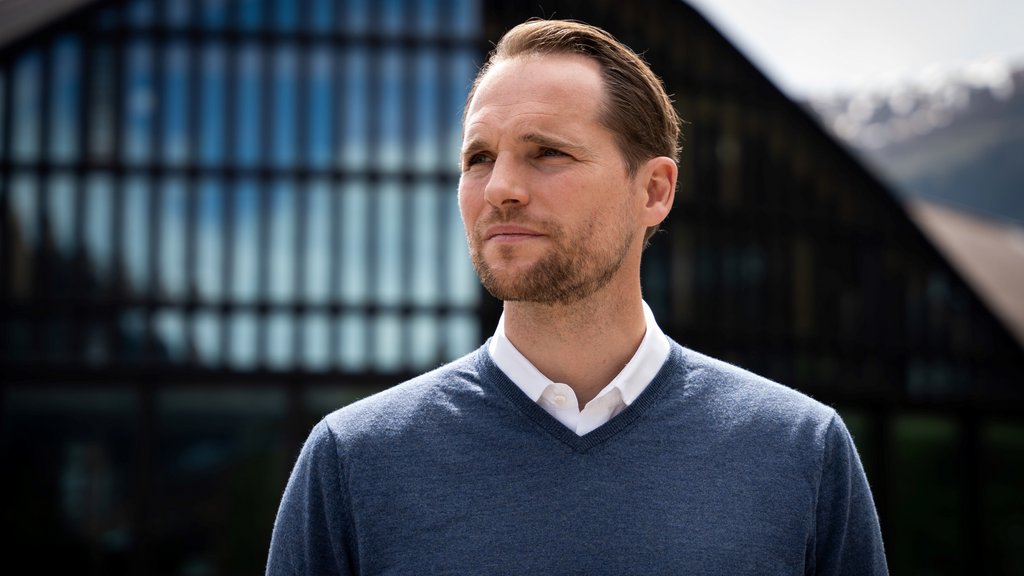
Why did HC Davos decide to take part in the ‘Davos 2030’ project?
Nico Decurtins: We see ourselves as an important member of the Davos community and have a responsibility to society – whether as a cog in the economic wheel of the region or as an employer. We also have an environmental responsibility when it comes to our actions, a responsibility we want to take more seriously. This is why we see Davos 2030 as a sensible project that will help us, as an ice hockey club, to achieve a certain level of professionalisation in our climate action.
What were the key results of the analysis and where does HCD stand today?
In 2021, emissions from HCD match operations totalled 1,485 tonnes of CO₂ equivalents, which corresponds to the amount that 110 Swiss people produce annually. This is higher than the majority of our competitors, but there’s a clear reason for it: the main source of our emissions is by far the mobility of our spectators, who travel from further away than the fans of city-based teams.
Why is it not possible to become completely climate neutral, or what is the biggest challenge in Scope 3?
The challenge is that we generate a lot of emissions that fall into the Scope 3 category. This is mainly due to the events we organise and the games themselves, be it through the fans’ travel or their consumer behaviour. I guess we have to be realistic here – it won’t be possible to become completely carbon neutral at a game, as we are mobilising thousands of people. To claim otherwise would be misleading and simply not true. Nevertheless, our ultimate goal is to create targeted incentives that encourage fans reduce their footprint and act in as climate-friendly a manner as they possibly can – because what is Scope 3 for us is Scope 1 for them.
What incentives do you mean specifically, or what measures are planned?
During the playoffs, there was an extra train that left 30 minutes after the end of each game and there was a connecting train from Landquart to Chur. We will expand these train connections, especially those that travel to Chur, Zurich and St. Gallen. We would also like to put together more attractive packages that combine match tickets and train tickets, and we will expand the charging infrastructure for electric cars. What’s more, we would like to expand the existing photovoltaic systems in cooperation with the Municipality of Davos in order to increase our own power supply with renewable energy.
What role does the Climate Fund play in these plans?
The climate fund helps us with the financing. The issue of extra trains has already been addressed. We also want to provide reusable cups at the Spengler Cup and adapt our waste concept, for example, where over 100,000 come to watch us. Doing so would also see us expand and continue with a pilot project started in 2022, when we used reusable cups for the first time in the fan tent at the Spengler Cup.
What are the first steps that Hockey Club Davos needs to take to improve its carbon footprint?
The first thing we did was analyse where HC Davos’s carbon footprint is actually at. We therefore calculated our footprint for match operations, the Spengler Cup and the office, and are aiming to reduce emissions as quickly as possible based on this assessment. We have three target areas that we are focused on: for Scope 1 and Scope 2 (see graphic), we want to be climate neutral by 2030. This means that we are striving for improvements in the areas of mobility and energy management. For example, we are changing our vehicle fleet to electric cars and expanding our photovoltaic systems. We can only achieve the climate neutrality target for Scope 3 if we invest in climate action projects.
Three further examples of sustainability at HC Davos
HCD set itself a number of sustainability goals even before participating in ‘Davos 2030’.
![[Translate to English:] Nachhaltigkeit beim HC Davos: Photovoltaik-Anlagen zur Storm-Produktion](/fileadmin/_processed_/7/3/csm_Eistraum_Davos_Winter_Nacht_beleuchtet_Eishalle_Trainingshalle_233bfe701d.jpg)
PV system for electricity production:
in 2018, a photovoltaic system was installed on the roof of the training centre in collaboration with the municipality. The system produces around 300,000 kilowatt hours of electricity per year. The entire operation of the stadium, the office and the training hall of HC Davos is guaranteed by 100% renewable, local electricity from hydroelectric power and solar energy.
![[Translate to English:] Der HCD erhebt künftig den ökologischen Fussabdruck des Spengler Cups](/fileadmin/_processed_/0/5/csm_Spengler_Cup_Davos_402ab572f1.jpg)
Spengler Cup sustainability strategy:
a working group formulated a sustainability strategy for the first time in 2016, and it was revised in 2021. Various goals were set in the categories of environment, society and economy. As the organiser, HCD will in future ascertain the environmental footprint of the tournament and analyse the greatest potential for reduction.
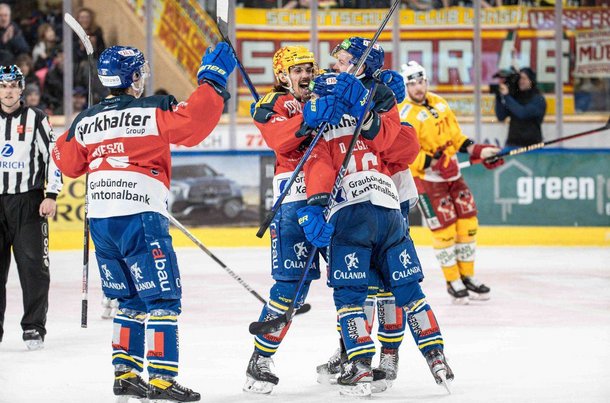
First sustainability matches:
in February 2023, HCD organised the first sustainability match in history against the SC Langnau Tigers. Special measures on the day included free travel on the RhB, a Skoda electric car exhibition and players wearing special jerseys made of PET fabric. Further sustainability matches against EV Zug followed in October 2023 and January 2024.
Set up a contact for our phone number
+41 81 415 21 88
Write your question directly via WhatsApp.
Please note: we respond to your questions during opening hours of the tourist office .



